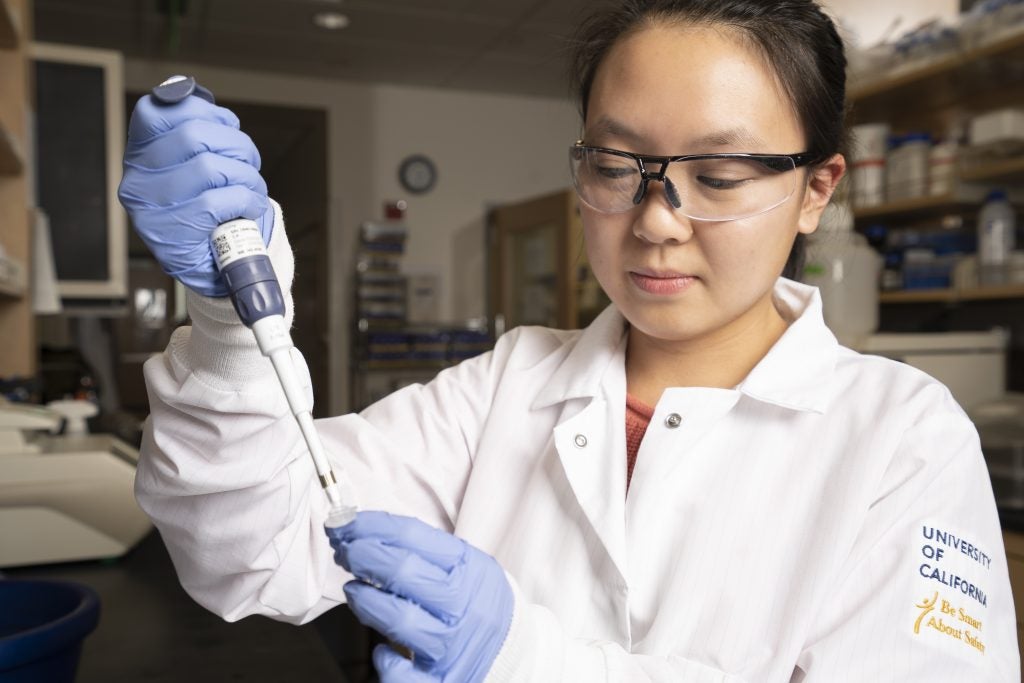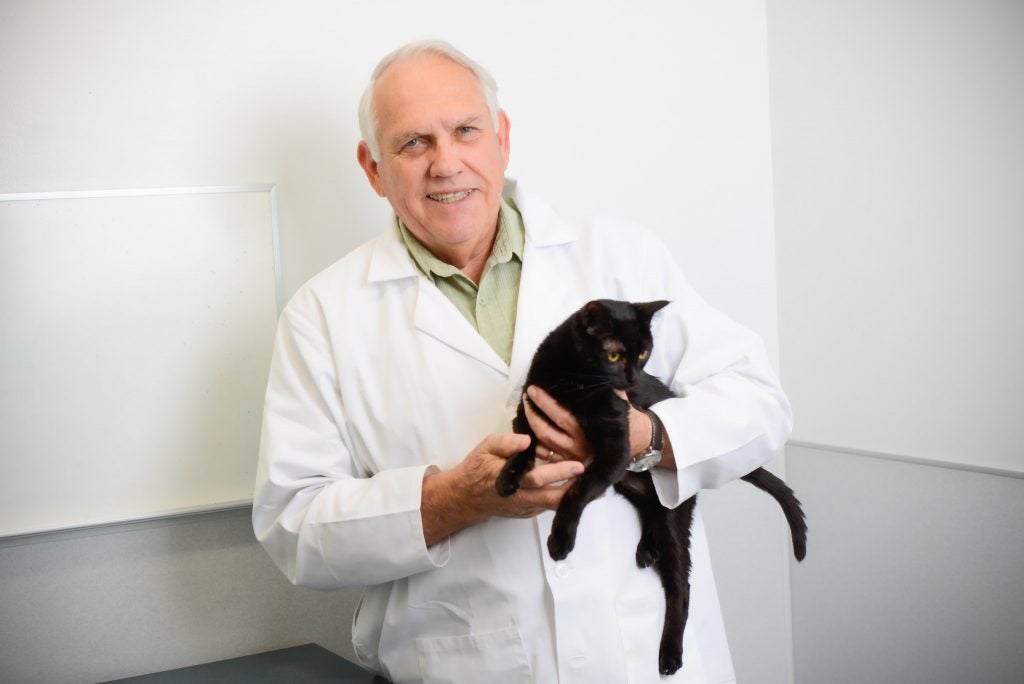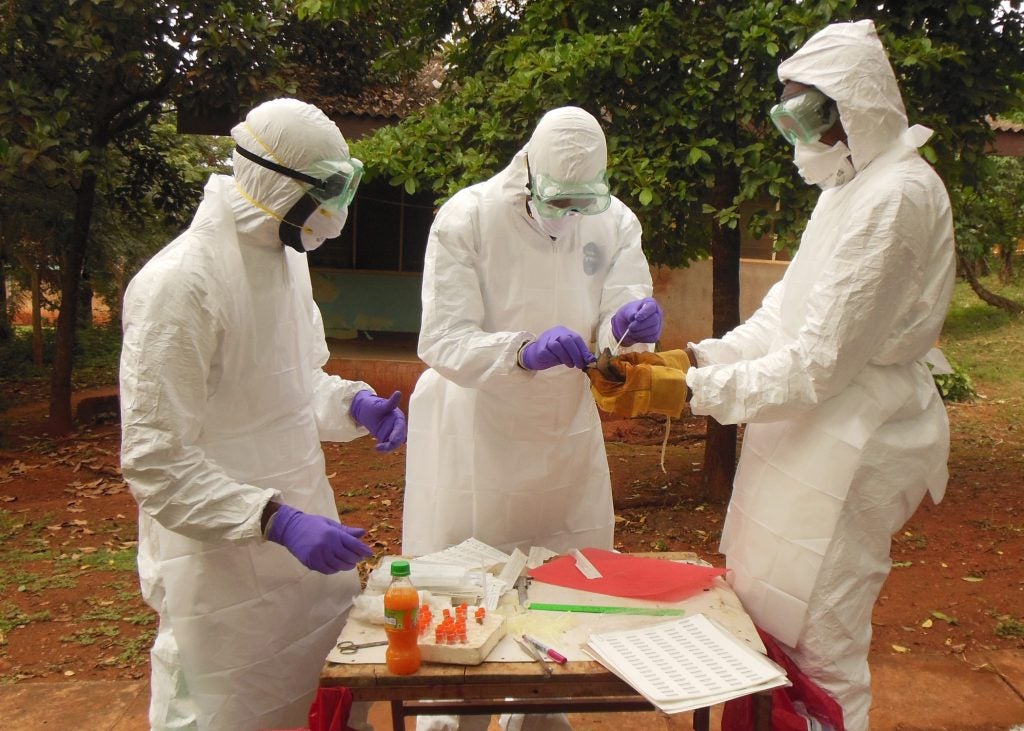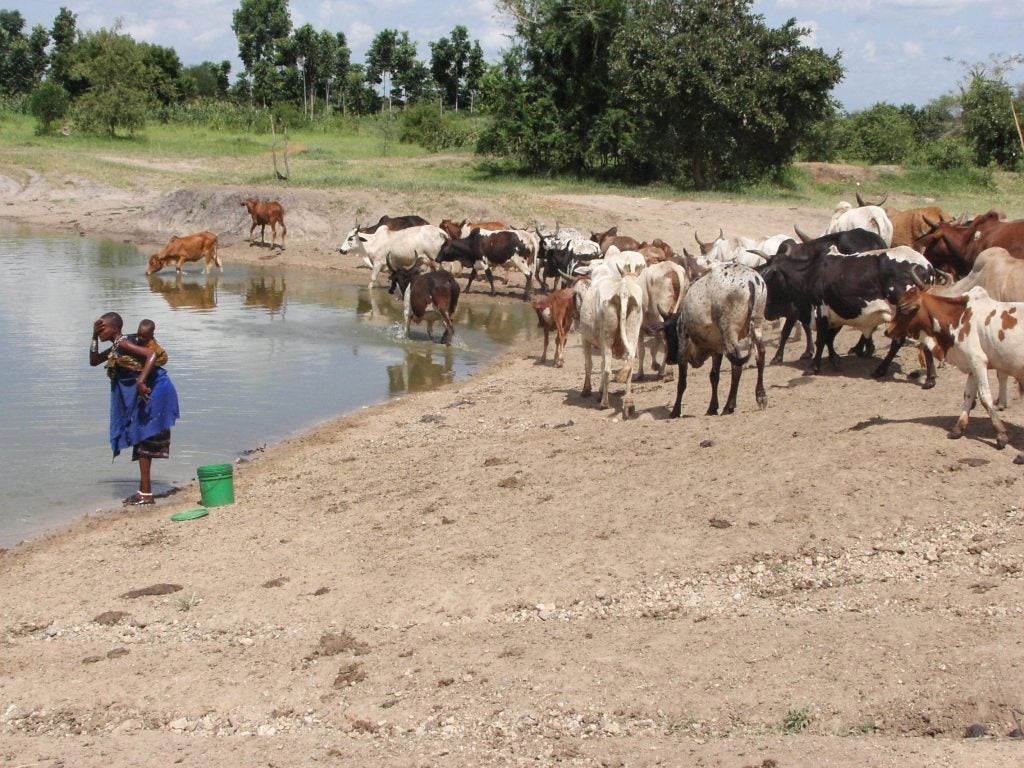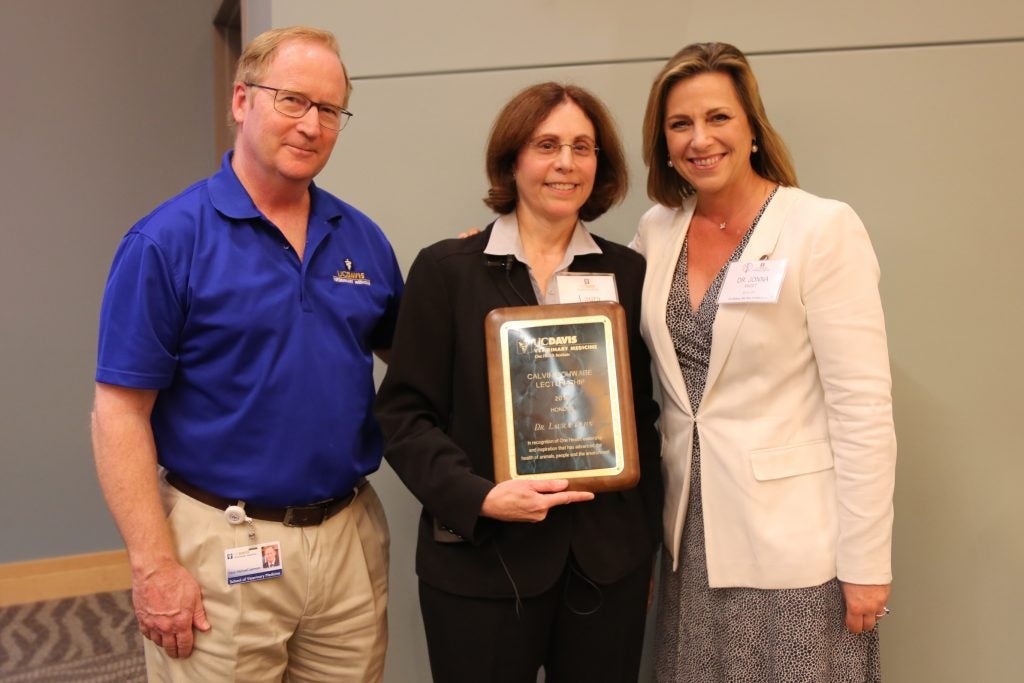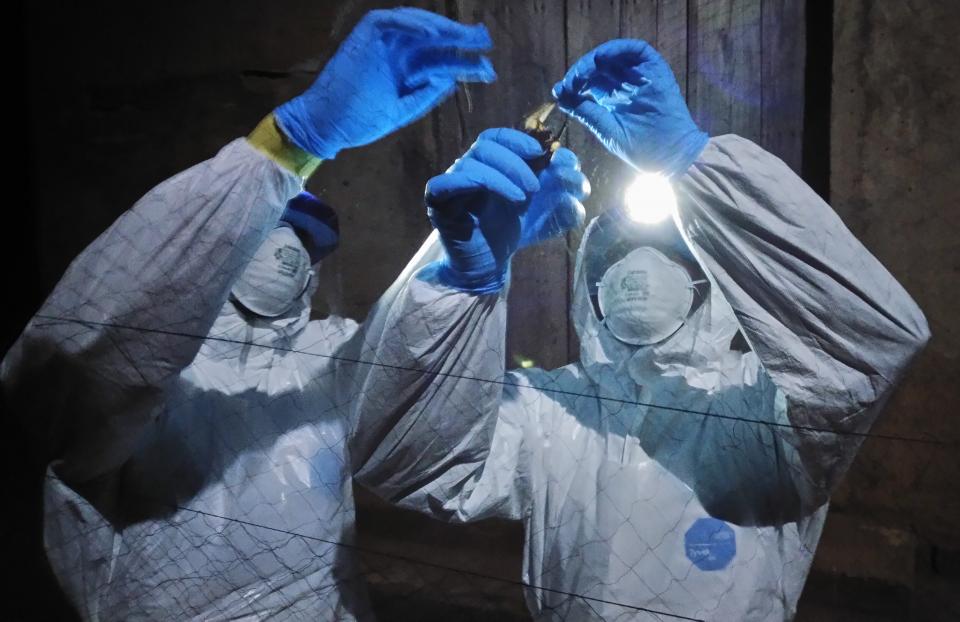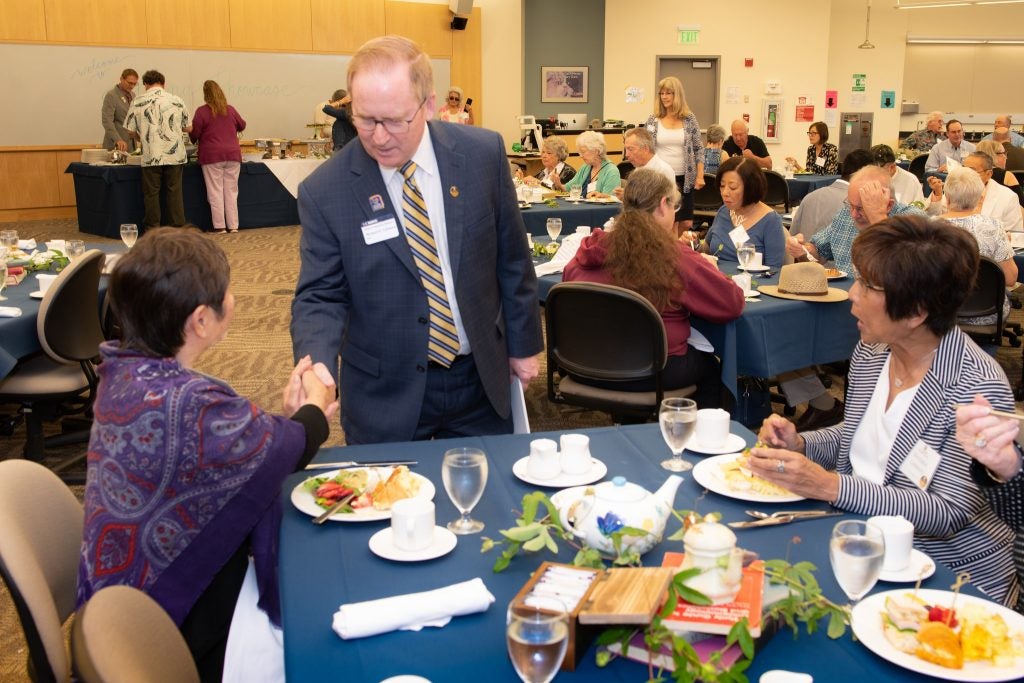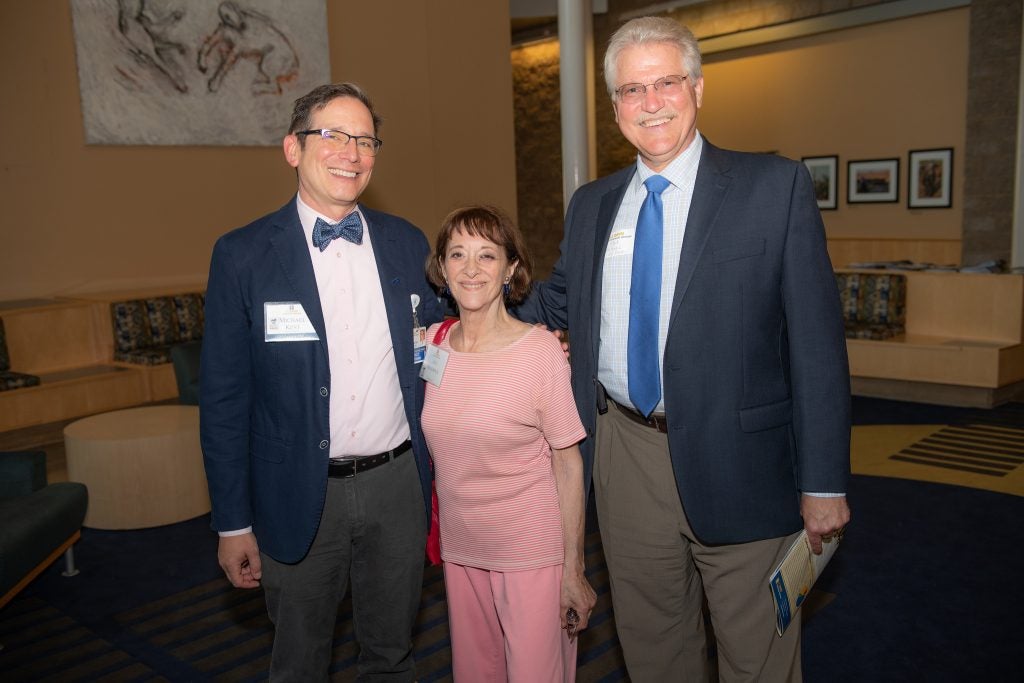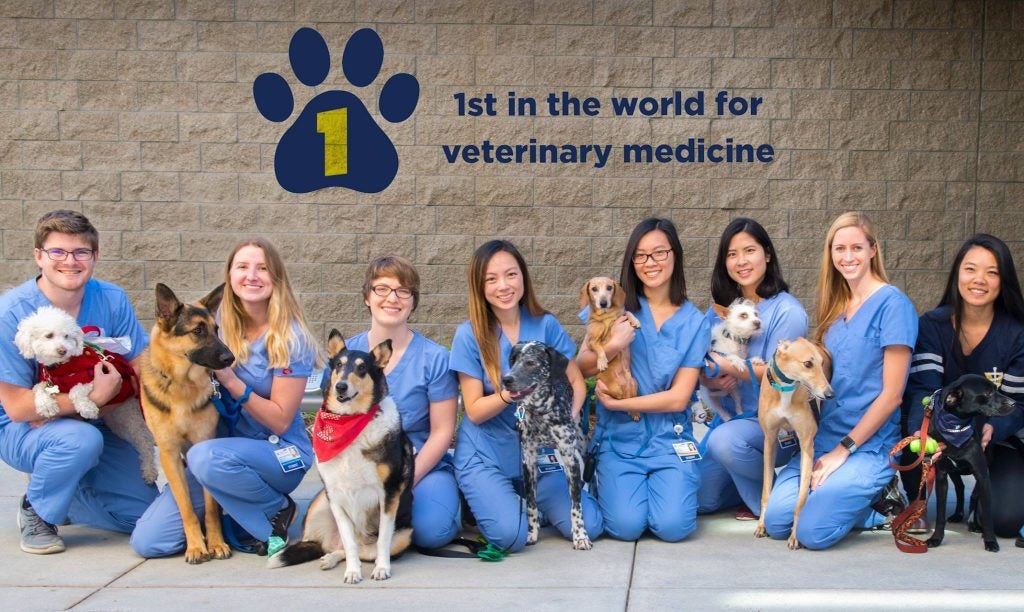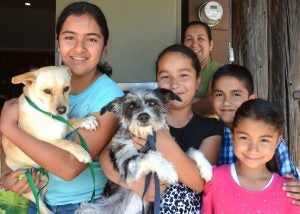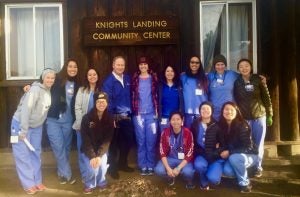These Perspectives are drawn from the weekly updates provided by Dean Lairmore to the UC Davis School of Veterinary Medicine community during the coronavirus crisis.
May 4
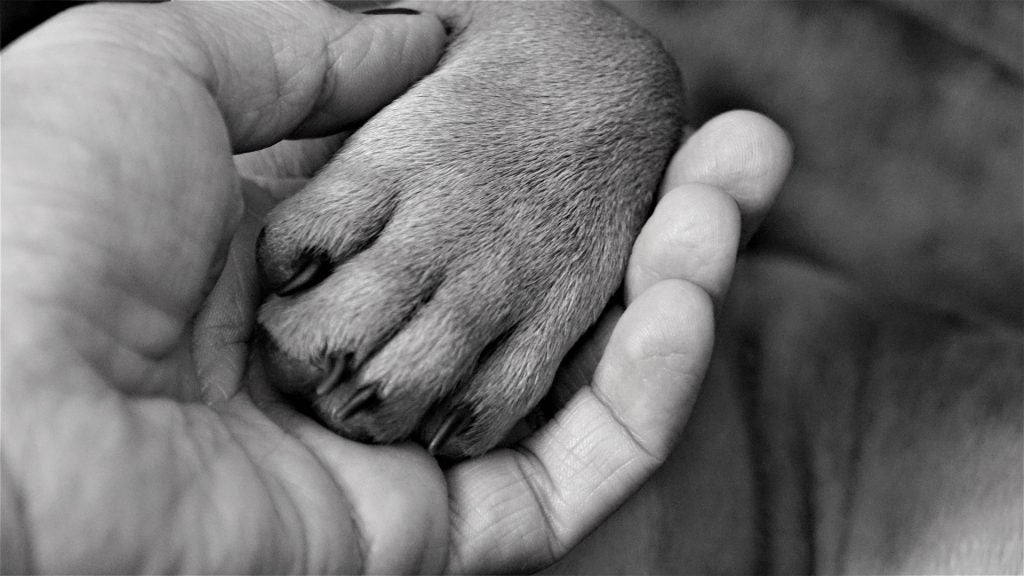 Mental Health Awareness Month has been observed in May in the United States since 1949. Groups such as the National Alliance on Mental Illness have appropriately focused on a “You are Not Alone” campaign to fight stigma, inspire others and educate the broader public. During the COVID-19 pandemic, public health measures such as self-isolation and physical distancing make it hard to not feel alone. Because of this unique circumstance we find ourselves in, it is all the more important to be aware of how we can support each other. At our School, we are always focused on assisting our students, faculty and staff through our mental health and wellness programs. I am glad that our student and personnel programs have found ways to continue in the age of physical distancing, such as virtual counseling for students and virtual pet-loss-grief support. In addition, we have the commitment of an entire university behind us. I hope that you are all taking care of yourselves and taking advantage of resources to promote your own wellness, while also watching out for each other.
Mental Health Awareness Month has been observed in May in the United States since 1949. Groups such as the National Alliance on Mental Illness have appropriately focused on a “You are Not Alone” campaign to fight stigma, inspire others and educate the broader public. During the COVID-19 pandemic, public health measures such as self-isolation and physical distancing make it hard to not feel alone. Because of this unique circumstance we find ourselves in, it is all the more important to be aware of how we can support each other. At our School, we are always focused on assisting our students, faculty and staff through our mental health and wellness programs. I am glad that our student and personnel programs have found ways to continue in the age of physical distancing, such as virtual counseling for students and virtual pet-loss-grief support. In addition, we have the commitment of an entire university behind us. I hope that you are all taking care of yourselves and taking advantage of resources to promote your own wellness, while also watching out for each other.
 The worldwide impact of the COVID pandemic should tell us that across the globe we are not alone in battling this viral threat. This was illustrated this past Saturday when the UC Global Health Institute celebrated its 10th anniversary by holding a virtual UC Global Health Day focusing on “COVID-19: global perspectives on a global pandemic.” Dr. Jonna Mazet, director of our One Health Institute, and Dr. Patricia Conrad, our associate dean of Global Programs, joined key leaders from across the world to share their experiences in battling the pandemic and its aftermath.
The worldwide impact of the COVID pandemic should tell us that across the globe we are not alone in battling this viral threat. This was illustrated this past Saturday when the UC Global Health Institute celebrated its 10th anniversary by holding a virtual UC Global Health Day focusing on “COVID-19: global perspectives on a global pandemic.” Dr. Jonna Mazet, director of our One Health Institute, and Dr. Patricia Conrad, our associate dean of Global Programs, joined key leaders from across the world to share their experiences in battling the pandemic and its aftermath.


